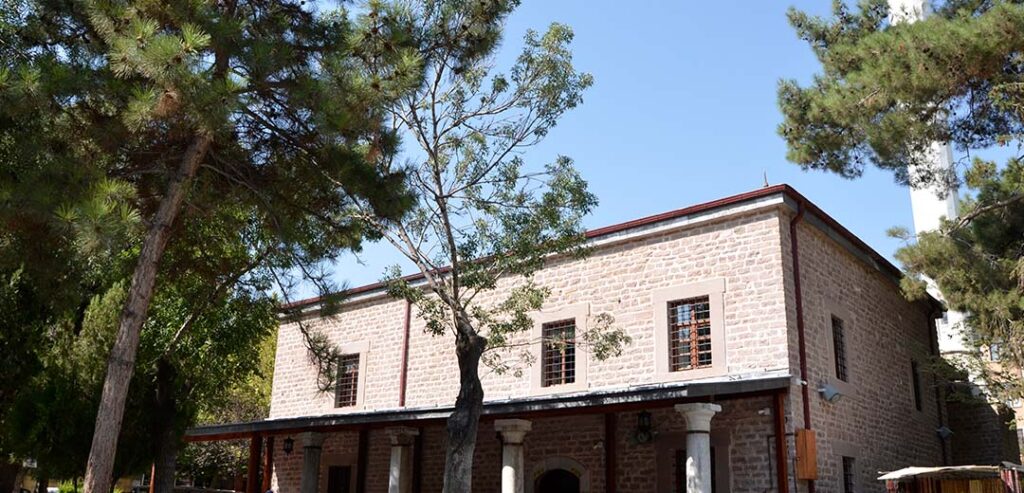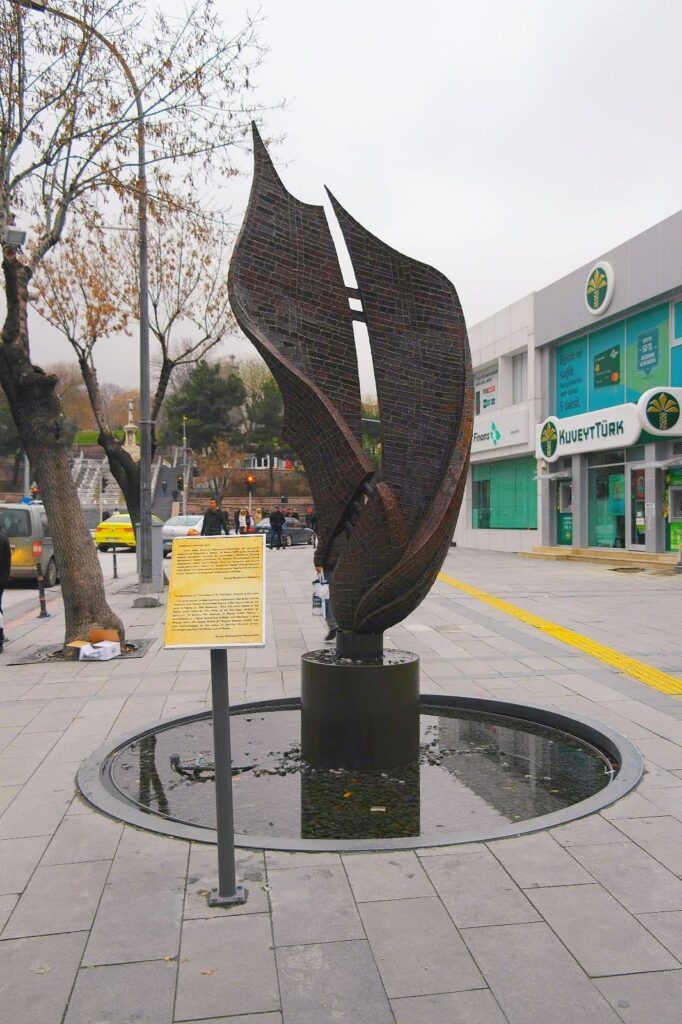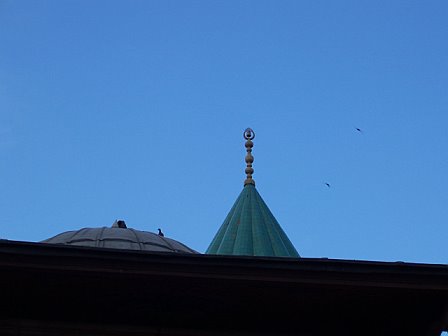In the city of Tabrīz, where baskets and crates of wicker dominated the crafts, unfolds an unforgettable tale of spiritual quest and divine friendship. Shams al-Dīn, a disciple of Sheikh Abu Bakr, reaches for higher spiritual heights and yearns for a deeper connection with God. His quest leads him to the city of Konya, where Mevlāna, an eminent teacher in religious sciences, resides.
Shams al-Dīn, also known as ‘the flying Shams’, arrives in Konya with an intense thirst for spiritual growth. His supplication to God to reveal a ‘hidden beloved’ leads him to receive a divine message. God directs him to Mevlāna, the beloved son of Bahā Weled, the sultan of religious scholars. The meeting between Mevlāna and Shams becomes a fusion of two souls that complement each other perfectly.
Shams al-Dīn, cloaked in an aura of sincerity and love, takes up a modest room in the caravanserai of the sugar merchants. Despite outward appearances, his life is simple, with few possessions and frugal meals. In this apparent humility, a profound relationship unfolds between Mevlāna and Shams.



The first encounter between the two men, at the caravanserai, is described as a moment when the two oceans converge. A reference to the place ‘Madjma` al-Bahrain’, where the ephemeral and the eternal meet, the seen and the unseen encounter each other. In this mystical fusion, the connection between Mevlāna and Shams is likened to the meeting between Khidr, the green man of divine knowledge, and Moses.
The dialogue between Mevlāna and Shams, in which existential questions are posed, such as the greatness of Bāyazid compared to Mohammed, illustrates the depth of their spiritual conversations. Mevlāna, overwhelmed by Shams’ question, feels the heavens tear apart. The answer reveals the differences between the quests of Bāyazid and Mohammed, with the latter having an insatiable thirst for divine proximity.
The meetings between Mevlāna and Shams lead to a period of seclusion, during which they engage in profound theological discussions. Despite the grumbling of theologians and followers, the two pay no heed to the world outside their mystical connection.
The place where Mevlāna and Shams first met, Madjma` al-Bahrain, symbolizes the union of two oceans, a metaphor for the fusion of the ephemeral and the eternal. In this mystical encounter, an unforgettable chapter in the history of spiritual exploration unfolded, where Mevlāna and Shams played the roles of Khidr and Moses, transcending the boundary between the visible and the invisible.
